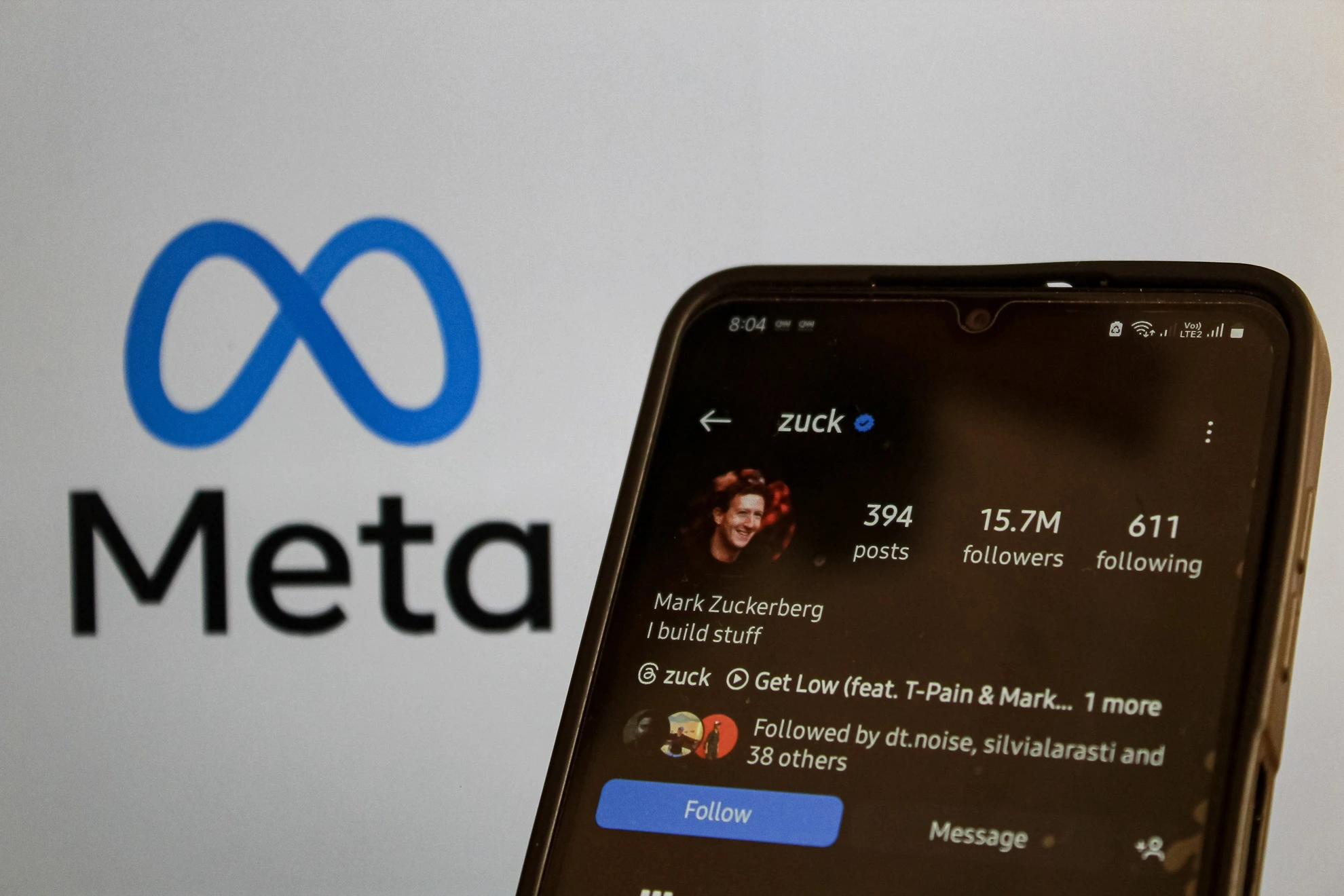Instagram is launching a new artificial intelligence system designed to identify underage users who attempt to hide their real age. This move is part of Meta’s broader initiative to enhance online safety for teenagers, according to a statement cited by Euronews.
According to Meta representatives, Instagram will now proactively search for accounts that are likely operated by users under the age of 13 — even if those users entered a false birth date during registration. This update marks a shift from passive data collection to a more active AI-driven intervention.
Meta explains that its AI is being trained to detect signals indicating a fake age — including account activity, profile characteristics, and interactions with content. If the system determines that a user is younger than they claim, their account will be reclassified as a “teen account,” which automatically limits access to certain features.
It’s worth noting that teen accounts on Instagram are private by default. Users can only interact with those who are already approved followers or friends. In addition, Meta specifies that these accounts will be subject to filters that restrict access to so-called “sensitive” content — for example, violent videos or posts promoting plastic surgery.
A screen time control feature will also be introduced: after 60 minutes of use, teenage users will receive in-app notifications. At night, from 10 p.m. to 7 a.m., a “sleep mode” will activate — muting notifications and enabling auto-replies to private messages.
Instagram will also begin sending notifications to parents, encouraging them to talk with their children about the importance of entering their real age when registering. This measure is intended not only to strengthen oversight but also to involve families more deeply in the process of digital education.
These updates come amid growing pressure on tech companies in the United States, where concerns over the impact of social media on teenagers’ mental health are intensifying. Several U.S. states are advancing legislation requiring social platforms to implement strict age verification processes. However, Euronews notes that most of these efforts are facing legal obstacles.
Meta, for its part, maintains that the responsibility for age verification should not lie with the platforms themselves, but rather with app stores, which serve as the distribution channels for these services.
Meanwhile, Instagram continues to test its AI detection system, emphasizing that teen safety remains one of the company’s top priorities in an evolving digital landscape.
This article was prepared based on materials published by Euronews. The author does not claim authorship of the original text but presents their interpretation of the content for informational purposes.
The original article can be found at the following link: Euronews.
All rights to the original text belong to Euronews.


















